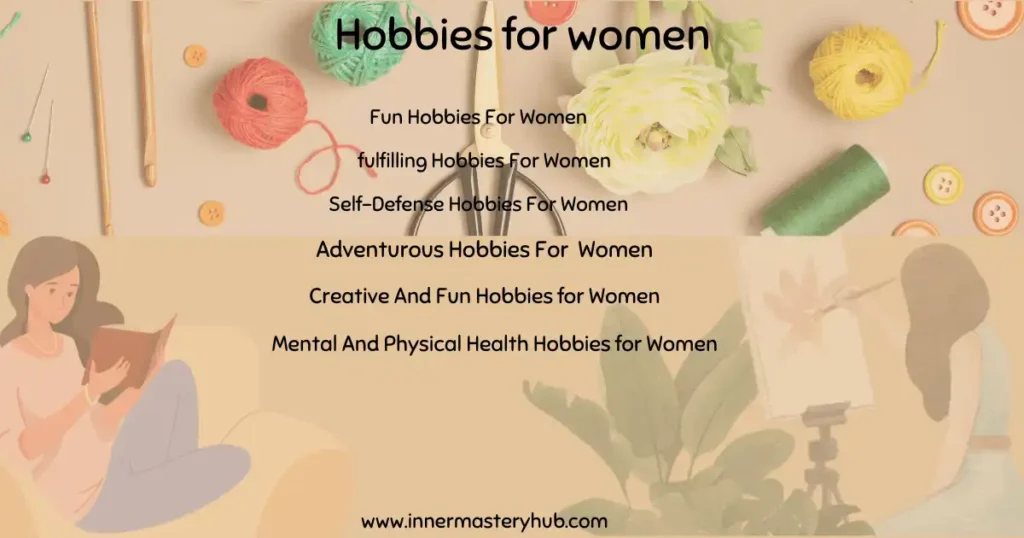Stop Being Nice: Why It’s Time to Set Boundaries

From an early age, we are frequently instructed to be kind. We are instructed to be kind, friendly, and friendly. Although these are worthy characteristics, there is a line between being kind and being overly kind.
Many people find it difficult to set boundaries, speak up for themselves, and say no because they fear coming across as rude or insensitive. This can lead to emotional fatigue, frustration, and contempt.
“How do I stop being too nice?”
“Is it wrong to stop being nice?” is a question you may be asking yourself if you constantly prioritise the needs of others over your own. Understanding the issue, why it needs to be fixed, how it affects you, and how to regain your sense of worth are the answers.
Being Too Nice Comes with a Cost
A lot of us are prone to people-pleasing. It might begin modestly. Even when it’s inconvenient, you accept favours, cover shifts at work, or lend a hand to others. This habit becomes deeply embedded in your behaviour over time. You become the go-to person for assistance, yet you may begin to feel overwhelmed.
What Is Being “Too Nice”?
Being overly friendly is more than just being kind; it’s a genuine expression of kindness. It occurs when you sacrifice your desires or well-being to satisfy others or prevent conflict. It’s more about keeping the peace at the expense of your emotions. Typically, it looks like this:
- Accepting things you don’t want to perform.
- When you say no, you feel bad.
- Staying out of conflict, even when it makes you uncomfortable.
- Feeling in charge of other people’s emotions or contentment.
According to a Stanford University study by psychologists, individuals who struggle with assertiveness often find it challenging to say no because they fear being rejected or judged negatively by others. When people take advantage of your benevolence, an unhealthy dynamic results.
The Emotional Toll of Being Too Nice
Although being kind may seem like a good quality, being overly kind can have several adverse effects. You risk the danger of compromising your own happiness and mental health when you prefer other people above yourself. Numerous issues may result from the substantial emotional toll.
1. Emotional exhaustion and burnout
Burnout inevitably results from saying yes to everyone. Overextending yourself wears you out emotionally and intellectually. Chronic people-pleasing behaviour can result in anxiety, sadness, and helplessness, according to research published in the journal Personality and Social Psychology Review. Being overly kind makes you “on,” always attempting to please others, which drains your energy.
2. Loss of Identity
You lose a sense of who you are when you spend so much time serving other people. Because you’re too preoccupied with other people, you stop asking yourself what you want. If the people you assist unintentionally use your kindness, you may even start to feel resentment towards them. The goal of the “stop being a nice guy” mentality is to strike a balance between self-respect and generosity, not to be insensitive.
3. Lack of Respect
Being overly kind can have the unintended consequence of making others regard you less. They might start to assume you’re always there. Dr Henry Cloud is frequently quoted as saying, “We change our behaviour when the pain of staying the same becomes greater than the pain of changing.” People will continue to push boundaries if they see that you never set them.
4. Poor Mental Health
Your mental health may suffer if you prioritise other people above yourself all the time. According to a meta-analysis by University of Houston researchers, people-pleasing habits increase the likelihood of anxiety, stress, and even depression.
How to Stop Being Too Nice

“How do I stop being nice without feeling guilty?” is a question you may have. Learning how to assert oneself and set appropriate boundaries boldly is the answer. It’s not about becoming mean; it’s about finding equilibrium.
1. Identify the Issue
Realising that being overly kind to others is harming you is the first step. Recognize that constantly saying “yes” is hurting you. This insight can be rather potent. You can start making adjustments as soon as you acknowledge it.
2. Start Saying “No”
Saying no is one of the most straightforward yet complex things to do. Here’s where the saying “stop being too nice” is useful. Saying no to others means saying yes to oneself, which serves as a helpful reminder. Saying no is acceptable when anything conflicts with your priorities or timetable. You’re defending your time and effort when you say no, not being impolite.
To make saying no less complicated, start with little scenarios. You will eventually gain confidence in making your presence known in larger contexts.
3. Set Boundaries
Setting boundaries is key to preventing overreaction. Someone may not be aware of the extent of their requests if they are always asking for favours. Clearly defining your boundaries helps others understand what you will and won’t tolerate.
For instance, let them know you can’t handle any more work if they keep throwing their tasks at you. You might add, “I have my workload, and I’m unable to help with this project at the moment.”
Setting limits can help you recover your time and emotional health.
4. Practice Assertiveness
Aggression is not the same as assertiveness. Being assertive is communicating your needs and emotions straightforwardly and courteously. You can defend your rights and still be courteous. With experience, it becomes easier, even if it may feel awkward at first.
Assertiveness exercises include playing roles with a friend or outlining your preferred course of action in difficult situations. Your confidence in everyday circumstances may increase as a result.
5. Manage Guilt
Many people-pleasers feel bad about setting boundaries or saying no.
It’s a good idea to remember the saying, “You don’t have to burn yourself to keep others warm.”
6. Surround Yourself with Supportive People
Your surroundings greatly influence your behaviour. It will be more challenging to cease being nice if you are surrounded by people who continuously take advantage of your generosity. Be in the company of people who understand your needs and respect your boundaries. It may be time to reevaluate a person’s role in your life if they fail to respect your boundaries.
7. Reclaim Your Time
You will have more time for yourself, which is one of the main advantages of creating boundaries. You can use this time for enjoyable pursuits, such as hobbies, self-care, or simply unwinding. This will help you rejuvenate and strengthen your emotional resilience.
8. Focus on Self-Worth
A significant portion of the desire to be kind stems from low self-esteem. For many people-pleasers, feeling appreciated requires being liked. Practice appreciating your inherent worth. For someone to love or appreciate you, you don’t have to give them favours.
Stop Being Nice—Find Balance and Self-Respect
Being kind is a great activity, but being overly kind can backfire. By learning to say no and set limits, you can safeguard your well-being without feeling bad about it. You can stop trying to impress other people and start living a life that prioritises your needs by doing the things mentioned above.
Remember that loving yourself is the first step towards receiving the respect you deserve. It’s possible to be kind without being overly kind. It all comes down to striking a balance and making sure that your generosity doesn’t come at the price of your fulfilment.
FAQs about “Stop being too nice all the time”
How do I stop being too nice without becoming mean?
To stop being too nice, begin by setting clear boundaries while remaining respectful. You don’t have to turn into someone unkind — prioritise your own needs and values alongside being kind. Assertiveness and compassion can coexist.
Why should I stop being too nice if being nice is good?
Being nice is positive, but when “too nice” means always putting others first, avoiding conflict, or losing your voice, it becomes self-sabotaging. You may end up resentful or undervalued.
What are the signs I need to stop being too nice?
Signs include always saying yes when you want to say no, feeling secretly angry or resentful, downplaying your own needs, and attracting one-way relationships.
Is being too nice a result of childhood or upbringing?
Often yes. Many people learn to be overly friendly from early messages that their value comes from being agreeable or avoiding conflict, making “nice” a coping strategy rather than authentic behaviour.
How does being too nice hurt my relationships?
When you’re too nice, others may take advantage of you, you may suppress your needs, and resentment builds. Relationships become unbalanced, and you may feel unseen or under-appreciated.
What can I do right now to stop being too nice?
Try saying “no” to something you don’t want to do, identify one area where you suppress yourself, ask “what do I actually want?” and practise expressing it gently but firmly.
Will people dislike me if I stop being too nice?
Some may react initially, but genuine respect and healthy relationships strengthen when you act from authenticity. You’re more likely to attract people who value you for who you truly are.
How can I be kind without being “too nice”?
A: Kindness with boundaries is key. You can help and care for others while also preserving your limits — being honest, respectful, and trustworthy to your own feelings rather than always deferring to others.
Does becoming less “too nice” mean I’m selfish?
No. It means you’re valuing yourself appropriately. Prioritising your needs doesn’t make you selfish — it makes you balanced. It’s about mutual respect, not constant giving at your own expense.
How long does it take to stop being too nice?
It varies for each person. Changing lifelong patterns takes consistent effort — noticing when you’re being too nice, practising boundaries, and showing up differently. Progress may be gradual but meaningful.






